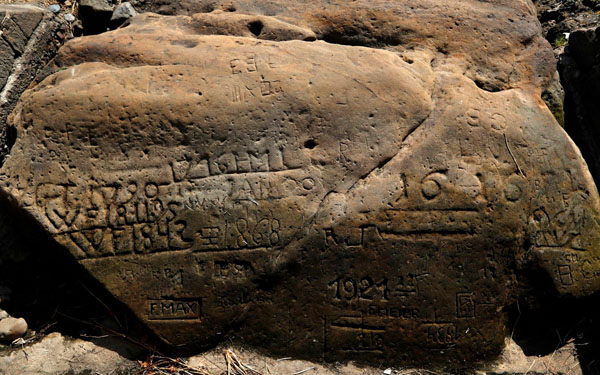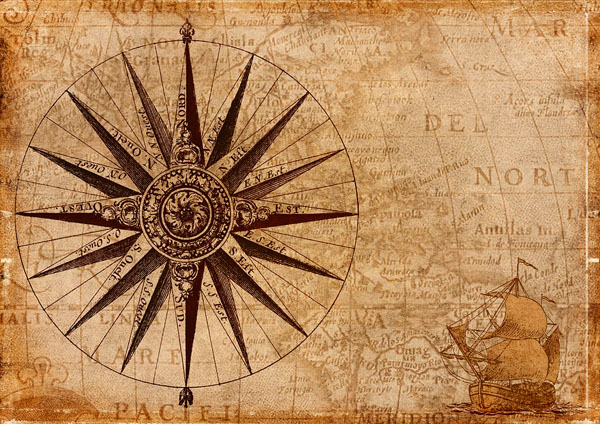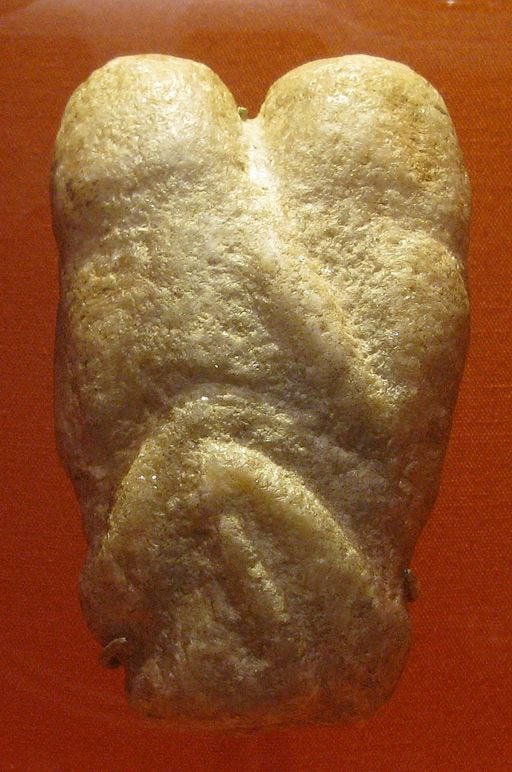Old Stones Bearing Warnings Resurface in Central Europe
Old stones bearing ominous messages have resurfaced in a river in Central Europe, according to news reports. Over the course of centuries, Europeans marked low water levels during droughts by carving lines and dates into boulders along the Elbe River, which runs from the Czech Republic into Germany. The idea was that if water levels dipped low enough to reveal an old carving, it would signal to locals that dry, hungry times — similar to those experienced in the marked year — were coming. Over a dozen of these “hunger stones” have reappeared in the Elbe this year, amid a … Read more









